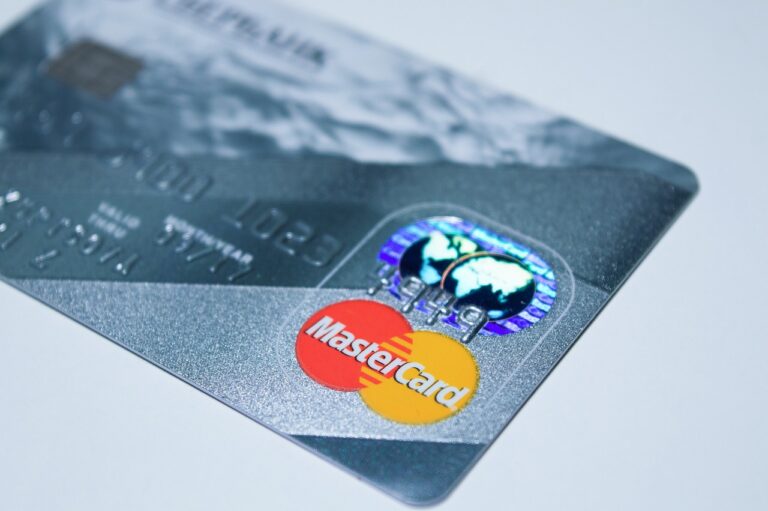Decoding the Language of Jewelry Marketing: Ethical Sourcing
tiger exange, golden77 login, sky 99 exch app:Decoding the Language of Jewelry Marketing: Ethical Sourcing
In recent years, ethical sourcing has become a hot topic in the jewelry industry. Consumers are increasingly concerned about where their jewelry comes from and how it is produced. As a result, jewelry retailers and brands are under pressure to be more transparent about their sourcing practices.
But what exactly does ethical sourcing mean when it comes to jewelry? And how can consumers ensure that they are buying ethically sourced jewelry? In this article, we will decode the language of jewelry marketing around ethical sourcing and provide some tips for making responsible jewelry purchases.
What is Ethical Sourcing?
Ethical sourcing in the context of jewelry refers to the process of ensuring that the materials used to make jewelry are sourced in a responsible and sustainable manner. This includes not only the metals and gemstones used in the jewelry but also the labor practices and environmental impact of the production process.
Some key principles of ethical sourcing in the jewelry industry include:
– Ensuring that workers are paid fair wages and have safe working conditions
– Minimizing the environmental impact of mining and production
– Avoiding the use of conflict diamonds and other unethical materials
– Supporting local communities and economies where jewelry materials are sourced
By following these principles, jewelry companies can ensure that their products are not only beautiful but also ethical and sustainable.
How to Decode Ethical Sourcing Claims
When shopping for jewelry, it can be difficult to know whether a product is truly ethically sourced or if the marketing claims are just greenwashing. Greenwashing refers to when a company uses misleading marketing to make its products appear more environmentally friendly or ethical than they actually are.
To decode the language of jewelry marketing around ethical sourcing, here are a few key questions to consider:
1. Where are the materials sourced from? Make sure to ask where the metals and gemstones used in the jewelry come from. Look for companies that are transparent about their sourcing practices and can trace their materials back to the mine or source.
2. Are the workers paid fair wages? Find out if the company ensures that workers in their supply chain are paid fair wages and have safe working conditions. Look for certifications like Fairtrade Gold or Responsible Jewellery Council membership.
3. What is the impact on the environment? Consider how the production of the jewelry may impact the environment, such as through mining or chemical use. Look for companies that use recycled metals or have sustainable production practices.
4. Are there any certifications or third-party audits? Companies that are serious about ethical sourcing often have certifications or undergo third-party audits to verify their claims. Look for certifications from organizations like the Kimberley Process for conflict-free diamonds or the Responsible Jewellery Council.
By asking these questions and doing your research, you can make more informed decisions when buying jewelry and support companies that are doing the right thing.
Tips for Making Responsible Jewelry Purchases
Here are a few tips for making responsible jewelry purchases:
1. Buy from brands that are transparent about their sourcing practices and can provide information about where their materials come from.
2. Look for certifications or memberships in industry organizations that promote ethical sourcing, such as Fairtrade Gold or the Responsible Jewellery Council.
3. Consider buying second-hand or vintage jewelry, which reduces the demand for new materials and supports a more circular economy.
4. Support small, independent jewelry designers who prioritize ethical sourcing and sustainability in their practices.
5. Educate yourself about the issues surrounding ethical sourcing in the jewelry industry and ask questions when shopping for jewelry.
By following these tips, you can feel good about the jewelry you purchase and support companies that are working to make the industry more ethical and sustainable.
FAQs
Q: What is the difference between ethical sourcing and sustainable sourcing?
A: While ethical sourcing focuses on ensuring that workers are treated fairly and materials are sourced responsibly, sustainable sourcing goes a step further to consider the environmental impact of production.
Q: How can I verify that a company’s ethical sourcing claims are true?
A: Look for certifications from independent organizations or third-party audits that verify a company’s ethical sourcing practices. You can also ask the company directly for information about their supply chain.
Q: Is ethical sourcing more expensive?
A: Ethically sourced jewelry can sometimes be more expensive due to the higher costs associated with responsible sourcing practices. However, there are also affordable options available, such as lab-grown diamonds or recycled metals.
Q: What can consumers do to promote ethical sourcing in the jewelry industry?
A: Consumers can make a difference by supporting brands that prioritize ethical sourcing, asking questions about where their jewelry comes from, and advocating for transparency and accountability in the industry.
In conclusion, ethical sourcing is an important issue in the jewelry industry, and consumers have the power to drive positive change by making informed and responsible purchasing decisions. By decoding the language of jewelry marketing around ethical sourcing and following these tips, you can support companies that are doing the right thing and help create a more sustainable future for the industry and the planet.







